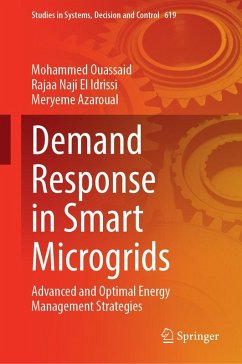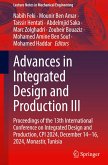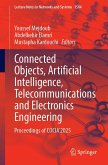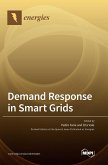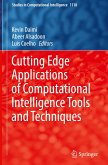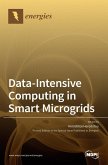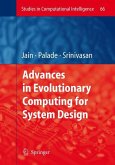This book covers the optimization of the energy flow management of a grid-tied photovoltaic-wind-battery energy storage system and the development of demand response algorithms for a single customer at the lowest level and extended it to a large community of participants at the highest level. Hence, this book consists of two parts. The first part is devoted to the design of energy management strategies for a residential PV-WT system, while considering time of use and feed in tariff schemes. Further, the developed management algorithms mitigate the greenhouse gas emissions. Additionally, a closed-loop control based-model predictive control scheme, to forecast the system behavior and deal with renewable energy resources and load disturbances, is elaborated. The second part is dedicated to developing e ective demand side management techniques and cooperative energy scheduling in the framework of collective smart-buildings. Cooperative energy scheduling programs are designed while considering three objectives: minimizing peak load, minimizing electricity cost, and avoiding the occurrence of rebound peaks. Optimal consumption decisions are examined in residential, commercial, and industrial areas. Besides, the impact of electric vehicle charging methods is investigated for di erent EV penetration levels. Also, a game theory approach for energy consumption scheduling of a community of smart microgrids is built. In summary, this book successfully establishes the important synergy between microgrid energy management and demand response at the level of a smart home and an aggregated building community. The above aspects are illustrated in this book in 12 chapters. The scope is broad. This book chapters are very effective in theoretical analysis and design of optimization algorithms in the realm of smart grids. This book is intended to provide advanced undergraduate, graduate students, engineers, researchers on energy management within smart homes and clusteredbuildings, with a comprehensive understanding of various methods and designed algorithms. These strategies and algorithms aim to deal with defies ranging from augmented adoption of microgrids to the introduction of demand response approaches, to enhance the grid viability and resilience.
Bitte wählen Sie Ihr Anliegen aus.
Rechnungen
Retourenschein anfordern
Bestellstatus
Storno

